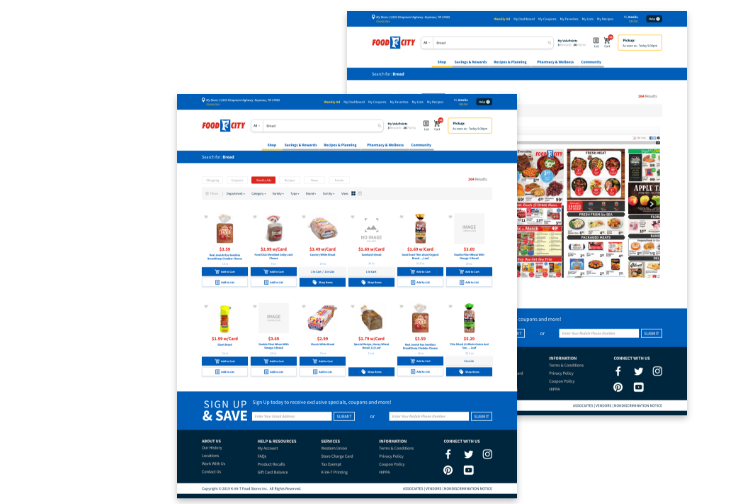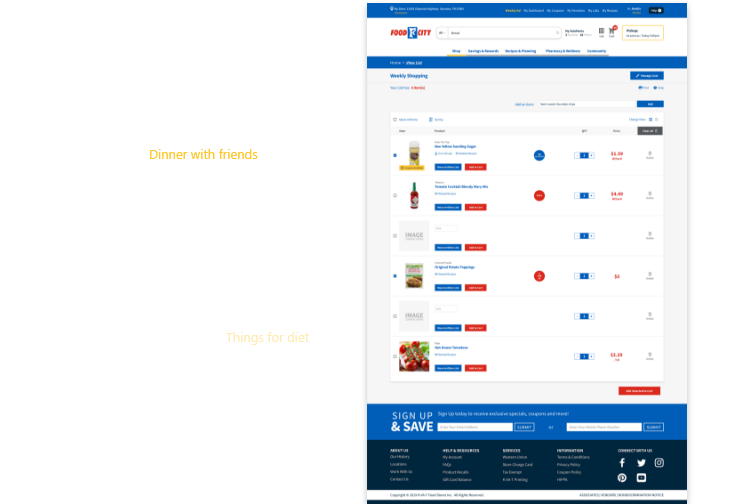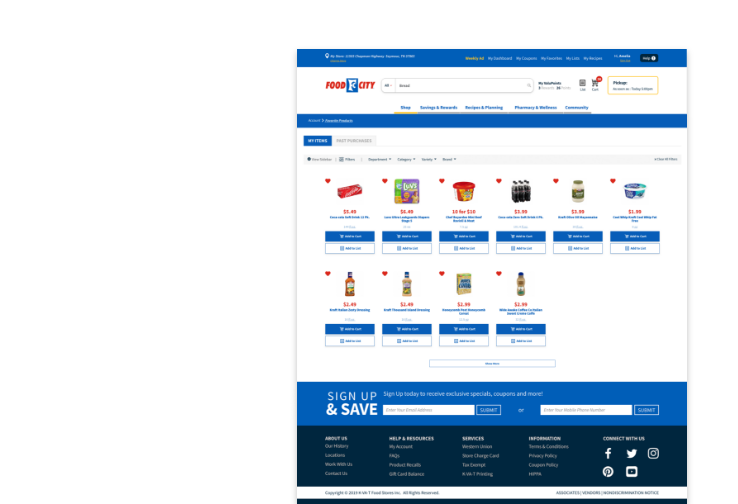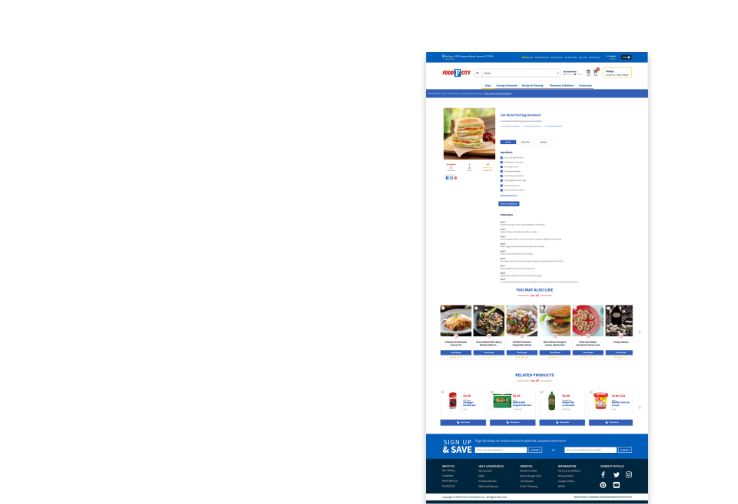
Wellness Club — Tips for Food Safety at the Grill
Abingdon, VA. -
Tuesday, Jun 1, 2021.
Written by Alexis Buchan, Food City Dietetic Intern, Virginia Tech
June is the official start of the season for chilling and grilling. No matter what you are grilling, don’t forget to keep the rules for food safety in mind. Nothing spoils a good time faster than a case of foodborne illness.
Always wash your hands!
Food safety actually starts long before you make it to the grill. The very first thing you need to do before you start handling food is wash your hands. Wet your hands with water, get some soap and scrub your hands for 20 to 25 seconds before rinsing and drying.
Wash your produce.
While on the topic of washing, let’s talk about your produce. Wash fruits and vegetables before eating or cooking to remove excess dirt or debris from harvest. Run under clean water, gently rubbing with your hands or a scrubber to remove any dirt or debris.
Keep items separate.
Nobody wants to eat vegetables that have been cut on the same cutting board, or with the same knife as raw meat. You want to follow the recipe without making it a recipe for disaster! Use color coded cutting boards for vegetables and meats. Don’t use the same knife to cut the produce that was used to cut raw meat. Try to use different knives. If you only have one knife, make sure you clean it with soap and water between uses.
Use a thermometer.
Looking at the color of your meat is not enough to tell you the meat is fully cooked. Different types of meats also have to reach different temperatures before they are considered fully cooked. When you are grilling, you should always keep a meat thermometer handy. When checking the temperature of meat, you should insert the thermometer into the center of the thickest part of the meat. The thermometer should indicate the meat is at the desired temperature for at least 15 seconds to be considered fully cooked.
If you have more questions about food safety, check out foodsafety.gov. If you have doubts about the safety of your food, throw it out! It’s better to be safe than sorry!
